The US is trying to deal with the increasing frequency and intensity of attacks by Houthi forces in the Red Sea.
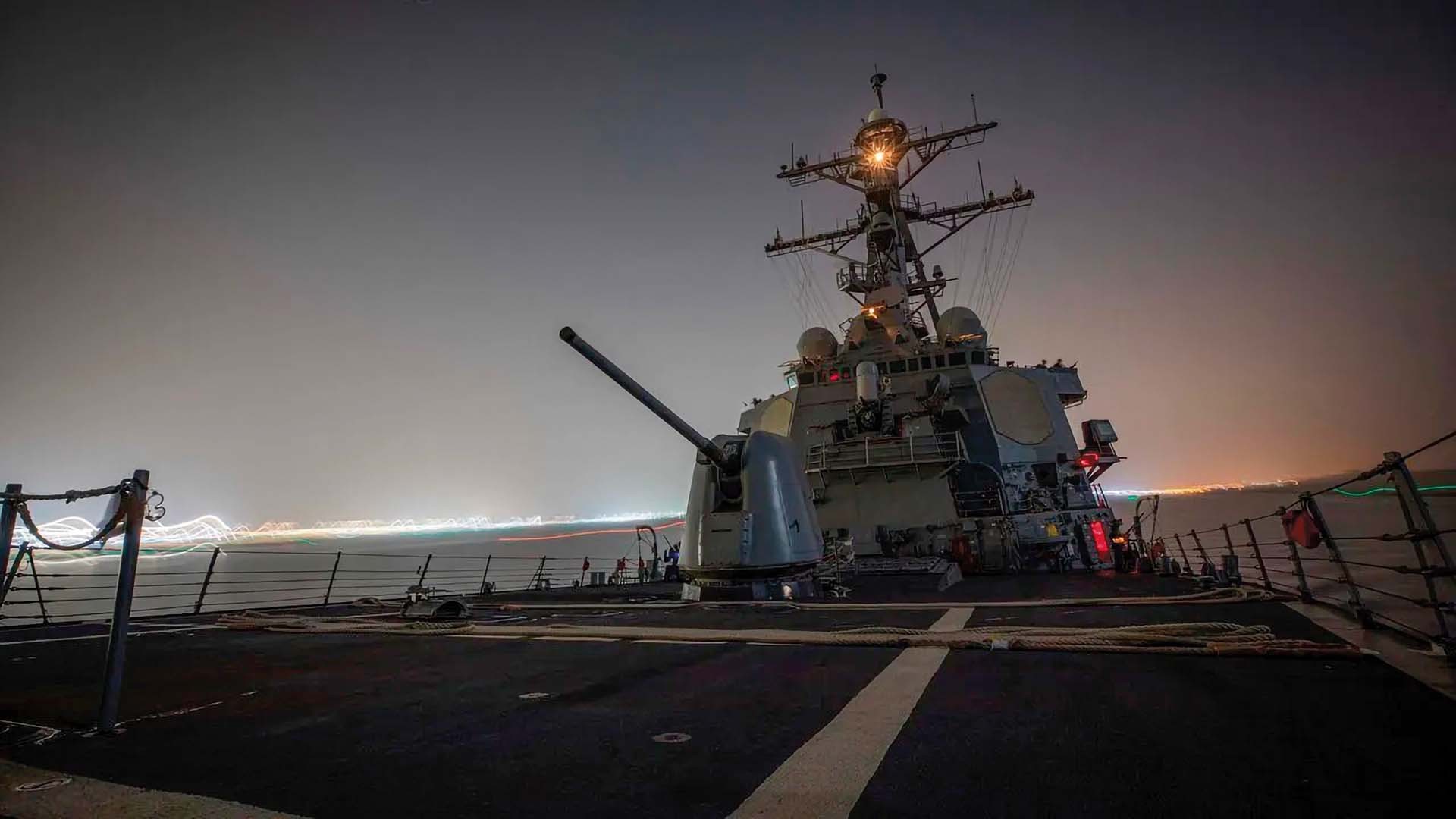 |
| The US has just established a maritime patrol coalition in the Red Sea to counter attacks on commercial and cargo ships by Houthi forces. (Source: AFP) |
On December 18, speaking in Bahrain as part of his visit to the Middle East, US Defense Secretary Lloyd Austin announced the formation of a 10-nation coalition (including the US, the UK, Bahrain, Canada, France, Italy, the Netherlands, Norway, Seychelles and Spain) to patrol the Red Sea in response to Houthi attacks on cargo ships. Some countries, notably the US, will join the joint patrols. Others will provide intelligence support in the southern Red Sea and the Gulf of Aden.
Mr. Lloyd Austin said that countries need to coordinate to deal with challenges "caused by non-state factors".
One story, two highlights
This is not difficult to see from the increasingly frequent attacks by Houthi forces in Yemen targeting commercial and cargo ships moving through the Red Sea. In just a short period of time, this force has deployed more than 100 drones and missiles to target commercial ships from 35 countries that they claim are in support of the Palestinians and against Israel. Notably, the attack on the MV Palatium III saw the first appearance of anti-ship ballistic missiles.
Up to 20% of global shipping volume, 10% of maritime transport volume, 8-10% of oil and gas volume pass through the Red Sea and the Suez Canal. However, faced with fierce attacks on cargo ships, shipping companies are "faltering".
As of December 15, four of the world’s five largest shipping lines, CMA CGM, Hapag-Lloyd, Maersk, and MSC, have suspended or temporarily suspended shipping services through the Red Sea. These four companies account for 53% of global shipping volume. Smaller shipping companies may follow suit. This leads to two notable points.
First , revenues from the Suez Canal, the next stop after the Red Sea, are crucial to Egypt’s economy , which is currently facing a number of challenges. For global growth, the prolonged closure of the Suez Canal has caused shipping and insurance costs to skyrocket as cargo ships have to bypass Africa. In 2021, the Taiwanese (Chinese) Ever Given ship stuck in the Suez Canal for just six days caused significant disruption to global supply chains. If the security situation in the Red Sea region does not improve, the price to pay will now be much higher.
Second , there is the risk of escalating military tensions in the Middle East. According to expert Fabian Hinz of the London-based International Institute for Strategic Studies (IISS), the Houthi forces possess a massive anti-ship arsenal, with many missiles with a range of 800 km, even ballistic missiles with a range of 2,000 km.
In recent times, US, British and French warships have attempted to prevent many attacks. On December 16 alone, they shot down 15 UAVs. However, it is difficult for them to maintain a defensive approach due to the high cost, the need for a large number of warships, and the ineffectiveness. If only a few UAVs successfully penetrate the defense network, commercial cargo ships will continue to stay away from the Red Sea and the Suez Canal.
Another option is to launch direct attacks on the Houthis and their arsenals. The US and Israel have planned to do so, but both have reasons to hesitate: The US does not want to get involved in another conflict in the Middle East, while Israel has to deal with Hamas in the Gaza Strip and Hezbollah in Lebanon.
Three-pronged approach
In that context, the US announced that it is implementing the first step in a three-step approach.
First , it is to strengthen the international military presence in the Middle East. At present, at least five US destroyers are present in the Red Sea, each with at least 600 missiles of various types. At the same time, the USS Dwight Eisenhower aircraft carrier is currently stationed in Djibouti, with four squadrons of fighter jets with an operating range reaching Houthi-controlled territory. The US coalition will establish a safe corridor for commercial and cargo ships passing through the Red Sea and the Suez Canal.
This will be an important premise for the second step - diplomacy. Currently, Saudi Arabia is close to a ceasefire agreement with the Houthi forces to end the nine-year civil war in Yemen. In the current context, Washington may call on Riyadh to include a provision to stop attacks on ships at sea.
Finally , if the Houthi forces do not comply with the agreement or continue to attack commercial and cargo ships with increased frequency, given the importance of the sea route, the possibility of the US and its allies attacking and destroying the anti-ship arsenal of this force cannot be ruled out.
Source





![[Photo] Closing of the 13th Conference of the 13th Party Central Committee](https://vphoto.vietnam.vn/thumb/1200x675/vietnam/resource/IMAGE/2025/10/08/1759893763535_ndo_br_a3-bnd-2504-jpg.webp)




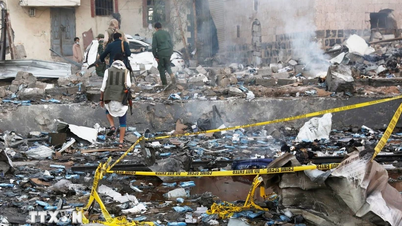

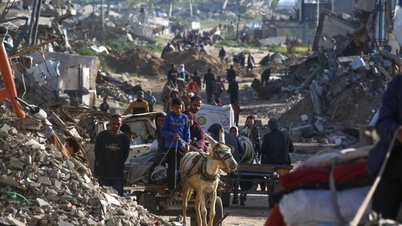

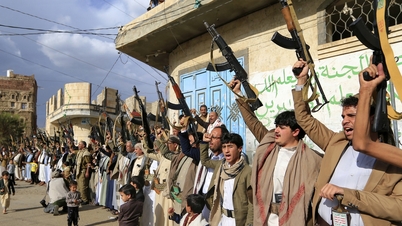
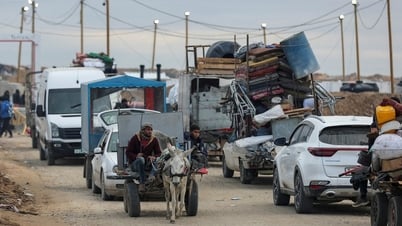




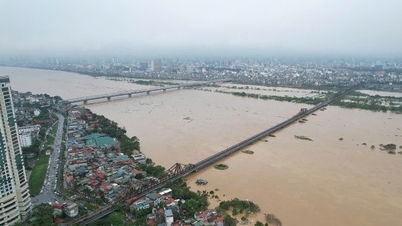







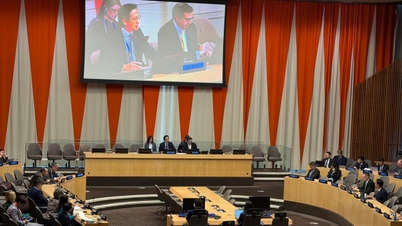



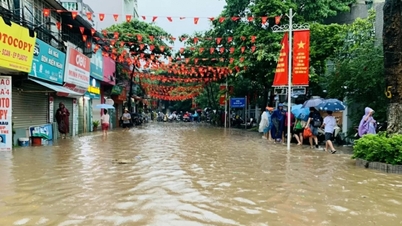





































































Comment (0)